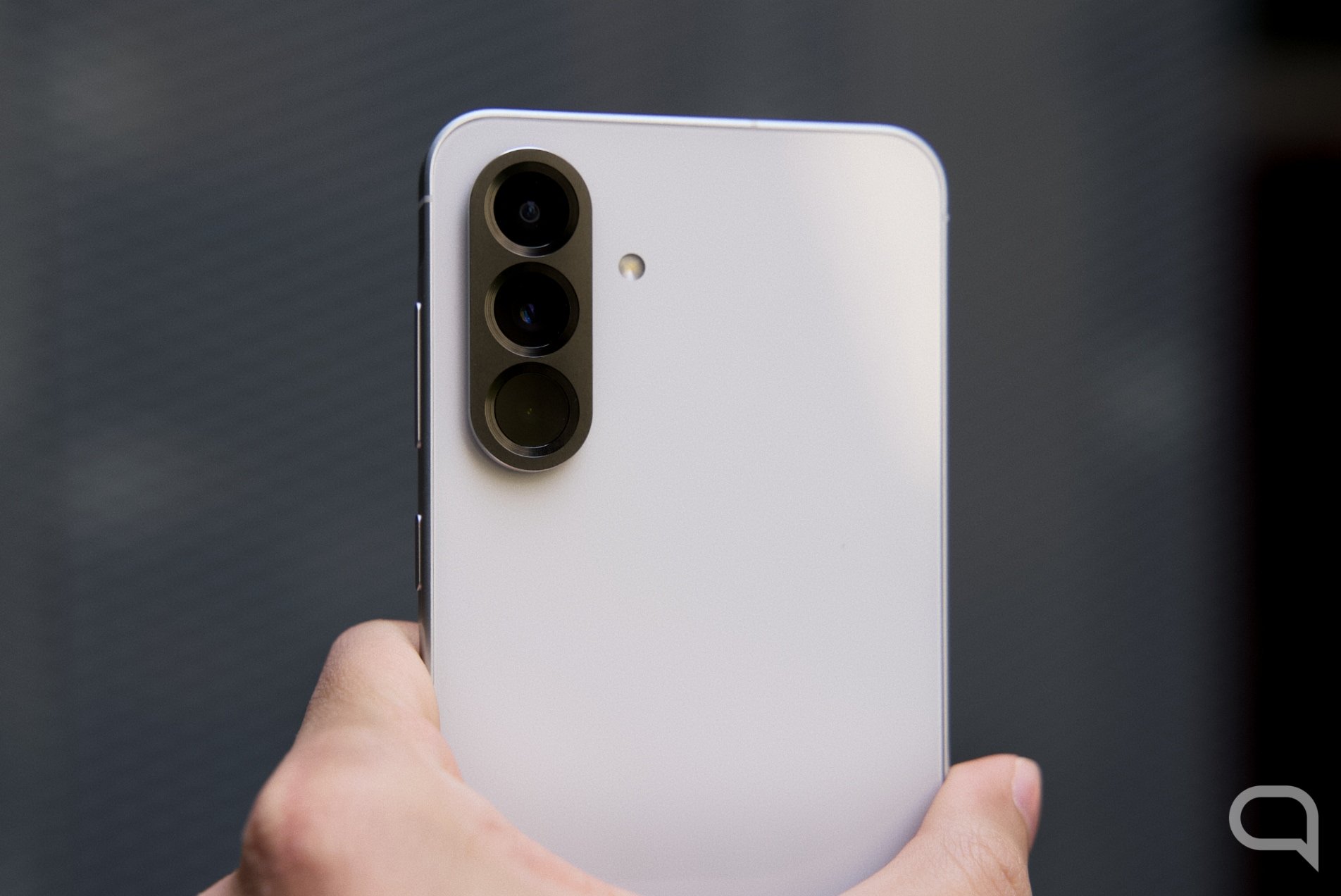*This text was written by a TecMundo columnist; finally learn more.
It is possible that most people have had a bad experience. Physicallywhether in high school or at any other stage of education. In my experience, when I say I’m a Physics teacher, I hear things like “you’re crazy”, “this is crazy” or “I’m too smart to understand this”. The first two can be discussed on another occasion, but the last one is definitely not true.
The stigma of being smart to learn physics is everywhere. Scientists, and physicists in general, are often represented as an eccentric, often solitary, genius, who understands something few can understand. For example, the image of a messy white-haired scientist is common in popular culture, from Doc Brown in “Back to the Future” (1985) to scientist Rick Sanchez in the sitcom “Rick and Morty” (2013).
In real life, you don’t have to be a genius to understand anything, just take the time to learn it. However, in the case of some people there is a noticeable resistance to the next step when the subject involved, for example, involves any numerical approach. This can be noticed in other examples as well, such as topics whose texts are too long or have little practical application.
Much has been said about learning styles. That is, the idea that every individual learns better if the subject is approached in a certain way. For example, if we compare the performance of a visual learner on a test with a more auditory person, the more visual person should do better in a scenario where both people attend the same image-only lesson. test, right?
False. Education researchers find insufficient evidence to justify the existence of learning styles in humans. The results of analyzes with scenarios similar to the proposed example (with a robust number of people studied and with an appropriate method) show that students’ performance is not better if the supported classroom style corresponds to the default learning style.
However, a very common phenomenon to observe is the so-called “confirmation bias”, in which people tend to believe things that confirm an existing belief. So, if a person does not like Physics or believes that Physics is a difficult thing and it is not for him, then that person will not have a good experience with Physics, regardless of the teaching approach.
We currently have a representation of an environment in social networks created with confirmation bias. Once we use such services, algorithms allow us to see posts closer to what we usually “like” to keep our attention longer. So the challenge in education is even greater when we think of people who are accustomed to seeing what supports and reinforces their beliefs, rather than people who are used to questioning whether their worldview is correct.
That doesn’t mean that current education is doing everything wrong or that it’s a lost cause. It just means that we don’t need to overly customize our learning. We have observed many times that a learning experience with different forms of contact with a particular subject yields better results. Therefore, for our education and learning to flourish, we need not to place ourselves in groups that learn different things in different ways, but to place ourselves in the group of all people who are willing to hear, see and think differently.
Rodolfo Lima Barros Souzaphysics professor and columnist TecMundo. He holds a Master’s degree in Physics and Science and Mathematics Teaching from Unicamp in Public Perception of Science. It is featured on social networks as @rodolfo.sou.
Source: Tec Mundo
I am Bret Jackson, a professional journalist and author for Gadget Onus, where I specialize in writing about the gaming industry. With over 6 years of experience in my field, I have built up an extensive portfolio that ranges from reviews to interviews with top figures within the industry. My work has been featured on various news sites, providing readers with insightful analysis regarding the current state of gaming culture.












